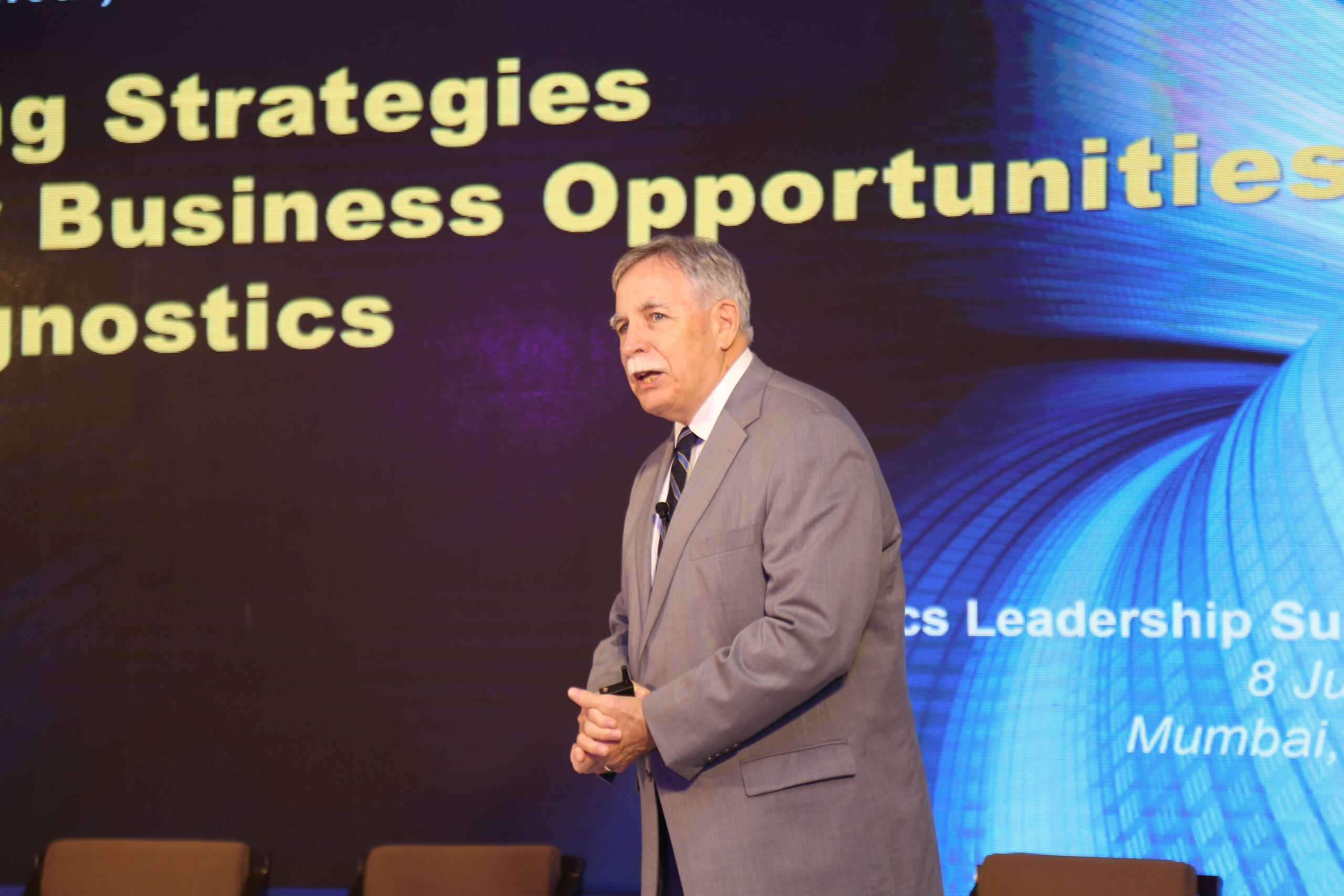In an era of aging populations and rising medical costs, healthcare systems around the world are being forced to transform. Laboratory medicine has always been a key part of patient care but will need to embrace changes in order to remain relevant and deliver value. The disruption is also a unique opportunity to create a new, larger role for diagnostics that generates value for the wider healthcare ecosystem.
“We are poised for a revolution in laboratory medicine,” said Robert L. Michel, Editor-in-Chief of Dark Daily and President of The Dark Intelligence Group, a US-based provider of market intelligence and business services for the clinical laboratory industry, during the LEADx Diagnostics Leadership Summit in Mumbai in June 2018. “There are going to be many more dimensions to how data that originates in the laboratory is assessed and communicated to providers, policymakers and health insurers.”
At the summit, which was attended by laboratory and healthcare leaders from across India, Mr Michel cautioned that this transformation may not be easy. It will require labs to harness technology and big patient data to identify care gaps, suggest new clinical programmes and measure the impact of initiatives. Incorporating this evidence into laboratory workflow will help to streamline processes, achieve faster turnaround times, reduce the per-episode cost of care and move labs away from the traditional fee-for-service model.
“[Labs] have an opportunity… to establish diagnostics and pathology as a value-based service that needs to be recompensed based on what it contributes to better outcomes and reduced overall cost,” said Michel.
This shift from simple service provider to value-added expert will also require changes in culture. Laboratories need to nurture and reward a lean six sigma culture to eliminate redundancy. By redesigning workflow to prevent errors and non-conforming events, labs can improve their quality, integrity and confidence in their results, cutting costs without compromising quality. “You want your lab staff to begin to recognise anything that doesn’t add value to the customer, the patient, the physician, the payer,” stressed Michel.
Embracing these changes will allow laboratories to reposition themselves as an integral part of the healthcare system and a partner to the physician. Setting up laboratory operations so that these individuals are freed up to establish close working relationships with physicians and health systems will unlock the full potential of laboratory medicine to deliver big gains in patient care and lower costs for the system.
This article is based on a presentation “Winning Strategies and New Business Opportunities in Diagnostics” at LEADx Diagnostics Leadership Summit in Mumbai, India.








